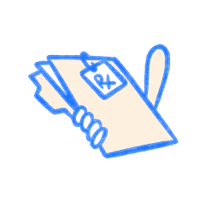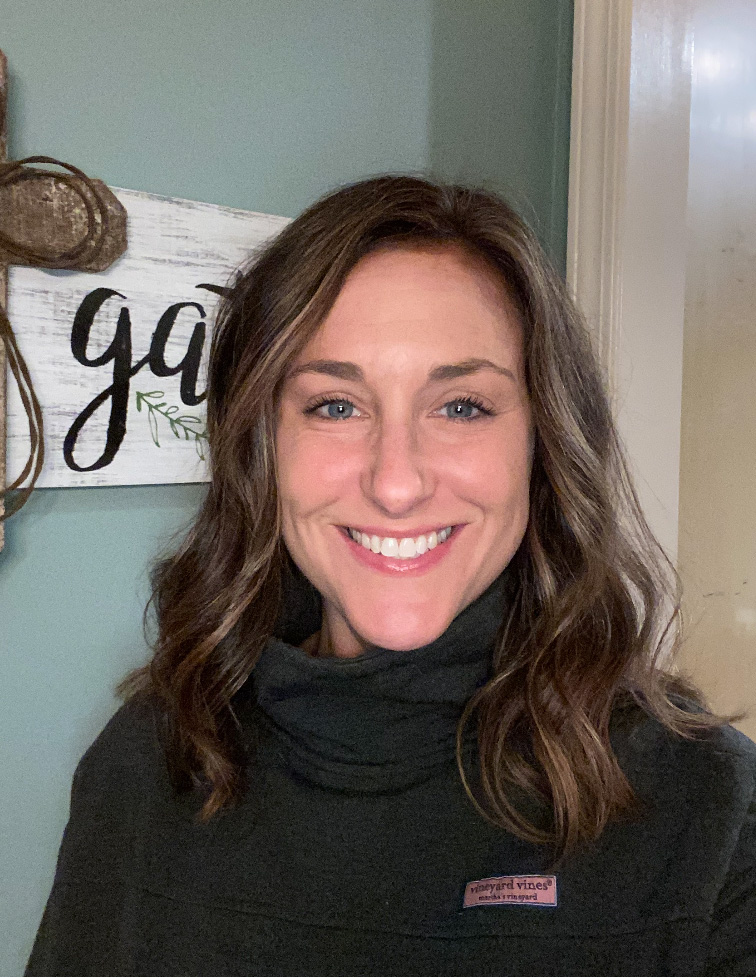The Pediatric Nursing Certification Board (PNCB) Overview
The Pediatric Nursing Certification Board (PNCB) provides certification exams for pediatric nurses, nurse practitioners, and other healthcare professionals in pediatric nursing. Unlock your pediatric nursing career potential with top tips on PNCB certifications, including career progression, exam eligibility, and top resources to pass the CPN exam.
Understanding the Four PNCB Certifications
Certified Pediatric Nurse (CPN)
The Certified Pediatric Nurse (CPN) credential is ideal for registered nurses who want to specialize in pediatric nursing. Achieving this certification demonstrates advanced knowledge and expertise in pediatric care, helping you stand out in the job market.
- Career Progression: Starting as a CPN opens the door to advanced nursing roles and further certifications. Many nurses use this certification as a stepping stone to more specialized roles or leadership positions within pediatric nursing.
- Exam Eligibility: To be eligible for the CPN exam, candidates must have an active RN license and a minimum of 1,800 hours of pediatric clinical experience within the past 24 months or 5 years of RN experience with at least 3,000 hours in pediatric nursing in the last 5 years, including 1,000 hours in the past 24 months.
- Average Salary: The average salary of a CPN can vary significantly depending on factors such as location, experience, and the specific healthcare setting. According to Salary.com, the average CPN salary in the United States is approximately $79,900 as of June 2024, with a range typically falling between $72,400 and $91,500.
Acute Care Certified Pediatric Nurse Practitioner (CPNP-AC)
The Acute Care CPNP manages pediatric patients with complex, acute, and critical health conditions. This certification is ideal for nurses looking to work in intensive care units, emergency departments, and other acute care settings.
- Career Progression: CPNP-ACs often advance to roles in hospital administration or specialized pediatric acute care services.
- Exam Eligibility: To be eligible for the CPNP-AC exam, candidates must hold an active RN license and have completed a graduate degree from an accredited acute care pediatric nurse practitioner program. Official transcripts must be sent directly from the educational institution.
- Average Salary: The average salary for a CPNP-AC varies based on experience, location, and the type of healthcare facility. CPNP-ACs typically earn between $90,000 and $120,000 annually, with an average annual salary of approximately $103,240.
Primary Care Certified Pediatric Nurse Practitioner (CPNP-PC)
This certification is designed for nurses who provide primary care to children from birth through young adulthood, focusing on health maintenance and prevention.
- Career Progression: CPNP-PCs often work in pediatric primary care practices, community health centers, and schools. They can move into primary care practice leadership roles or further specialize in areas like adolescent medicine.
- Exam Eligibility: To be eligible for the CPNP-PC exam, candidates need an active RN license and must have graduated from an accredited primary care pediatric nurse practitioner program. An official transcript from the educational institution is also required.
- Average Salary: The average salary for a CPNP-PC varies based on factors such as experience, location, and the type of healthcare facility. Salaries for CPNP-PCs can range from $85,000 to $115,000 per year, with an average annual salary of approximately $113,490.
Pediatric Primary Care Mental Health Specialist (PMHS)
The Pediatric Primary Care Mental Health Specialist (PMHS) certification is designed for primary care pediatric nurse practitioners and clinical nurse specialists who manage pediatric mental health needs. It is perfect for those interested in integrating mental health services into pediatric primary care.
- Career Progression: PMHSs typically work in primary care settings, providing mental health services and collaborating with pediatricians and mental health professionals. They often become leaders in pediatric mental health initiatives or move into specialized mental health roles.
- Exam Eligibility: To be eligible for the PMHS exam, candidates must be licensed as an APRN and hold certification in one of the following roles: Primary Care Pediatric Nurse Practitioner, Family Nurse Practitioner, Child/Adolescent Psychiatric & Mental Health CNS, or Psychiatric-Mental Health NP. Additionally, candidates must meet specific educational and clinical experience requirements, such as completing 30 hours of CE/CME in pediatric developmental, behavioral, and mental health.
- Average Salary: The average annual salary for a PMHS in the United States is approximately $119,204. This can vary based on factors such as experience, location, and specific healthcare settings. The salary range typically falls between $105,496 and $130,229, with higher salaries in states with higher living costs and demand for specialized pediatric mental health services.
Top Resources to Pass the PNCB Exams
Preparing for the PNCB exams can be daunting, but the right resources can make all the difference. Here are the top tools to help you succeed:
Pocket Prep’s Nursing Prep App
Pocket Prep has been a trusted partner for exam success since 2011. Our Nursing Prep app features content created by subject matter experts, ensuring that practice questions are aligned with the current exam blueprints. Our app supports effective study habits, such as short bursts of study over time, and provides various quiz modes:
- Question of the Day: Get daily practice with a new question.
- Quick 10 Quiz: Ten random questions for quick study sessions.
- Missed Questions Quiz: Focus on questions you’ve previously missed.
- Weakest Subject Quiz: Target your lowest-scoring subjects.
- Timed Quiz: Utilize short study breaks with 5 or 10-minute quizzes.
- Build Your Own Quiz: Customize quizzes based on your needs.
- Mock Exam: Simulate the test day experience.
PNCB Exam Content Outlines
Whether you aim to become a CPN, CPNP-AC, CPNP-PC, or PMHS, the right preparation is key to your success. Start your journey today with Pocket Prep’s Nursing Prep app and the recommended study materials to ensure you pass on the first attempt.


